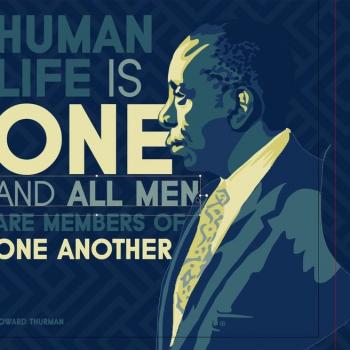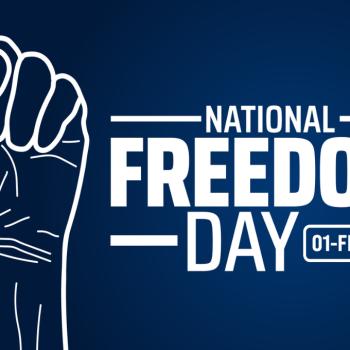There is another layer to this, though. Religion and spirituality are living things. They change with each generation and with each movement from place to place. Texts are reinterpreted within these new contexts of time and geography. Other cultures and religions are encountered and their philosophies and practices are observed, discussed, studied, even experienced. People add new practices to their lives. New non-spiritual philosophies are encountered as well -- feminism, post-modernism, egalitarianism. Old ways are modified to accommodate the need for equality of gender and social class and, often, old exclusionary rules are discarded or modified. Women take their place as ritualists, teachers, warriors. Men take up tending Brigid's flame. These may not have been part of the original cultures, but they reflect our needs today, and the ways in which culture and spirituality are changing in response to our needs and the needs of generations to come.
People who consider themselves primary practitioners of one path often add secondary practices like Buddhist meditation, or attendance at an Umbanda house, or supporting dancers in local Native communities, or puja at a local Hindu temple to their personal spiritual work without seeing this as a source of conflict or a betrayal of their primary allegiance. We can still be CR or Asatru or Wiccan and have other practices and other altars in our hearts and our homes. Given the global nature of modern culture, I see this as a welcome step toward cooperation and understanding, not a dilution or a betrayal of tradition. It is an addition, not a subtraction, and it is one that fosters understanding between groups, between religions, and between cultures.
The ideal of polypraxy, of Kipling's nine and sixty ways of constructing tribal lays, is one that has always been a part of the human condition. Large orthodoxies have tried repeatedly to muffle or destroy this human urge, but it continues under the surface, even in the most conservative spiritual communities. In my work with a Siberian teacher from the Ulchi tribe, I was told that there are very firm rules for what kinds of things may be offered to the spirits, but if a particular spirit asks for something that is considered a violation of those rules, you listen to the spirit. Traditional ways are guidelines that preserve the culture, but even in traditional cultures, there are exceptions, there are changes, there are drifts. There are places outside the mainstream, and modern Paganism swims in these waters. Polypraxy is important to our future as a multifaceted constellation of spiritual communities.
And every single one of them is right.
Erynn Rowan Laurie is a poet and writer who lives on Puget Sound. Animist, polytheist, and centered on the pre-Christian spirituality of Ireland and Scotland, she is the author of Ogam: Weaving Word Wisdom and has occasionally been known to have a few things to say about Pagan religions. For more information on Erynn and her writing visit The Preserving Shrine.




